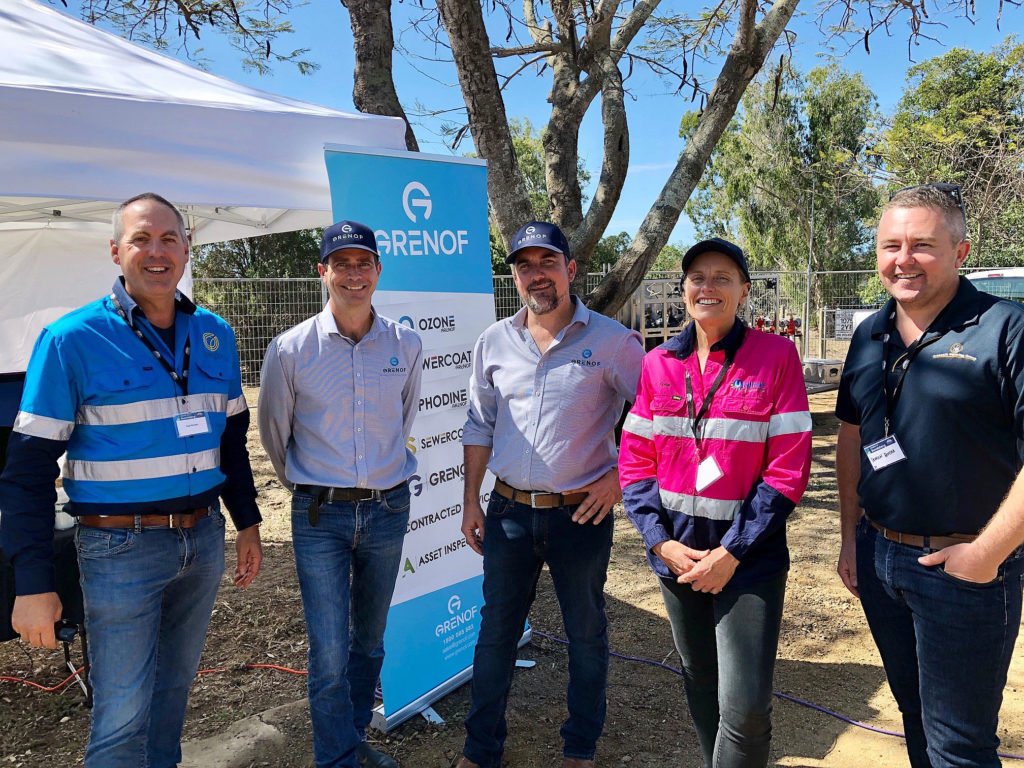
Bundaberg’s inaugural Bioeconomy conference explored opportunities for the region to become a national leader in the Australian bioenergy market.
In his welcoming address, Mayor Jack Dempsey said the Bundaberg Region was a home to innovation and had shown capacity to develop new ideas.
“The bioeconomy is about sustainable practices. Converting what has traditionally been viewed as waste products into energy or value-added products,” he said.
He said the biofutures industry and its proponents needed to ensure the general community fully understood the concepts of a bioeconomy and how it directly related to them and their surroundings.
“Too often engagement is lost because the industry speaks in technical terms that the average person simply cannot grasp.”
He said the bioeconomy is an innovative approach to utilising the mountain of waste resources the Bundaberg Region has at its disposal through forestry, agriculture, fruit, vegetables, sugar cane by-products and even general waste.
“We have them in significant quantities or biomass as the industry terms it.”
“Council has assembled some of the best bioenergy experts from across the country at this conference to help in lighting the fuse of an expanded bioeconomy for Bundaberg.
“The opening of the Utilitas bioHub at the repurposed East Bundaberg Wastewater Treatment Plant is a meaningful step forward in expanding this concept across our region,” Mayor Dempsey said.
“Utilitas will create biogas from organic waste material which has the potential to be fed into existing gas systems. Utilitas is confident Bundaberg will be the first of 100 such hubs that it builds across the nation and into South East Asia.
“The material remaining following the extraction process equates to one of the best soil conditioners available with an ability to significantly improve marginal soils.”
Paul Woosley from Oreco spoke of the success of his mulch factory near Childers which was sourcing surplus cane trash from farms and converting it to garden mulch.
The company is currently undergoing a $20 million expansion.
Ray Mountfort, Managing Director of Essential Queensland, has a business based adjacent to Oreco Group.
Mr Mountfort said Essential Queensland was a business based on extracting value-added products from pine trees.
“Through our own patented process we extract rosin and turpene from the trees which can then be utilised in numerous products.
“The rosin is used in things like adhesives, paints and glue while the turpene goes into perfumes, food essences, disinfectants and health care products.”
Essential Queensland has finalised its pilot stage and will transition to Stage One which is operating a complete rosin extraction plant in late November or early December where 100 tonnes of pine would be processed daily.
“We will be supplied from the sustainable pine plantations like those operated by HQPlantations,” Mr Mountfort said.




